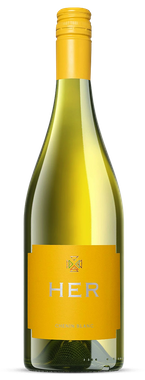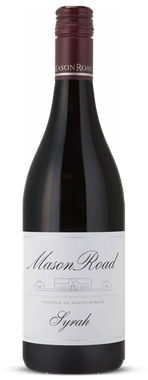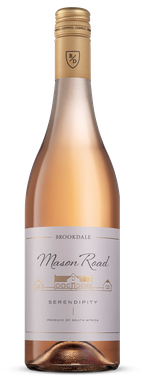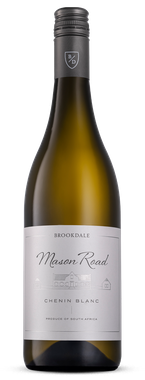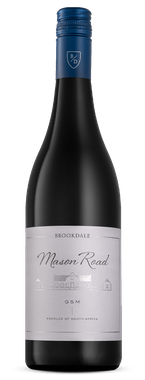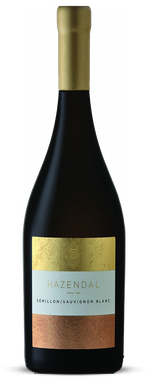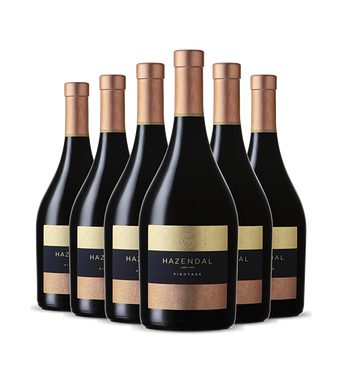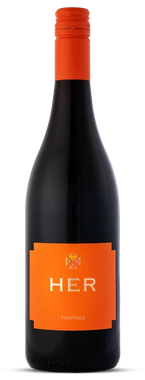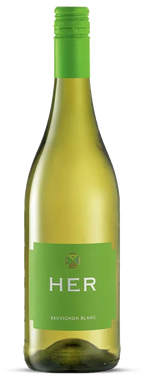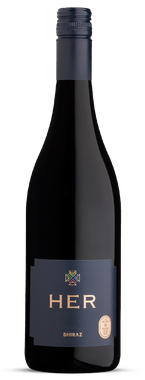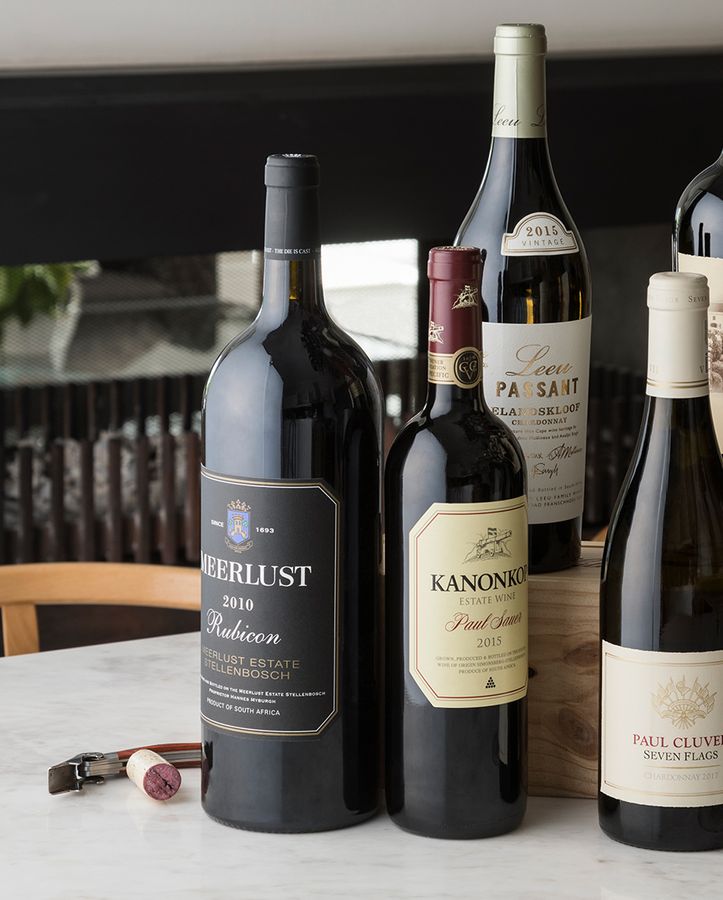The South African wine industry, once dominated by a narrow demographic, is seeing the rise of a new cohort of professionals. Young, black, and female they’re challenging old assumptions and reshaping leadership. In this episode of Wine in Focus Praisy Dlamini CEO of Adama Wines and GM of HER wines, and Kiara Scott head winemaker of Hazendal, reflect on their personal journeys rooted in defiance, resilience, mentorship and gratitude- their stories offer insight into the evolving nature of wine production in South Africa, where diversity, mentorship and cultural identity are becoming as important as terroir and technique.
If straight audio is your preference, listen to the podcast here:
You can also listen on Apple Podcasts | Spotify | YouTube
But if you like your content served visually, watch the discussion here:
From taboo to terroir
Kiara Scott’s path to winemaking was anything but typical. Raised in Mitchells Plain, a township more associated with alcohol abuse than fine wine, her first encounters with liquor were of the boxed variety. Far from deterring her, this early discomfort with alcohol’s societal role stirred a curiosity that matured into a professional passion. Her decision to pursue viticulture—a choice that bewildered her family—signaled not determination but reformation.
Scott's appointment at age 26 as head winemaker at Brookdale Estate marked an industry milestone. That she now leads Hazendal’s cellar speaks to her audacity and craft. Still, the journey has not been without resistance. “What does this girl think she knows?” she recalls being asked. But grace and assertiveness, she notes, can dissolve even the industry’s most ossified sceptics.
When farming is in your blood, you cannot ignore the call
For Praisy Dlamini, wine was an unexpected evolution of her agricultural roots. Raised in KwaZulu-Natal’s sugarcane belt, farming ran in her blood, but wine was an anomaly. As the first female protégé of the Cape Winemakers Guild, Dlamini knows what it means to walk an unpaved path. “You find something in its rawest form,” she explains, “and forge the way.” Now CEO of Adama Wines, she leads one of the few majority black and women-owned wineries in the country. Her leadership is deliberate, inclusive, and tinged with a sense of ancestral purpose: “We are our ancestors' biggest dreams.”
Winemaking as an act of care
The question of what women bring to wine is more than rhetorical. Both winemakers agree that gender adds nuance—not superiority—to their craft. “It’s like cooking,” says Dlamini. “There’s a different flair.” From chemical analysis to cellar hygiene, attention to detail and care are not ancillary; they are the work.
This isn’t to disregard the many men who were their mentors and supporters, and who’ve produced fine wine for decades- but to acknowledge a perspective shaped by social conditioning and historical exclusion. If male winemakers have long been assumed competent by default, their female counterparts must win trust through consistency and calm defiance. It is, as Scott notes, an exercise in grace.
Mentorship and multiplicity
Leadership is measured not just in accolades, but in legacy. Both Dlamini and Scott are passionate about mentorship, albeit in different forms. While Scott invests her time in emerging vineyard talent, showing those open to learning the entire wine value chain, Dlamini has embedded mentorship into her business model.
At Adama, 2% of HER Wine Collection sales fund bursaries for aspiring winemakers. What began with four recipients in 2023 has doubled. For Dlamini, who once relied on bursaries herself, the logic is circular: “If I can be this person just because I got a bursary, others can too.” Mentorship, she insists, is not romantic, it is hard and demanding but worth the time and effort because you have to pay your good fortune forward.
Diversity at the top
Despite progress in diversity, the industry’s power structures remain heavily skewed. “We see diversity in wine stewards,” Scott notes, “but not enough at the top.” Decision-making bodies still lack representative voices—an imbalance that restricts not only inclusion but imagination.
Dlamini, as a rare black female executive in wine, finds herself in these rooms. The value of her presence is not symbolic, but practical: her perspective reshapes strategic conversations. She advocates for a global gaze—one that sees beyond local limitations and recognises that to serve the world, one must understand its complexity.
The long view: Heritage meets innovation
Looking ahead, both women envision an industry that is not only inclusive, but distinctly African. For Scott, the dream is integration of African indigenous knowledge, of new technologies, of viticultural self-confidence. “We’ve been looking at Europe as the teacher for too long,” she says.
Dlamini concurs, though her compass points to heritage. In an age of rapid innovation, she argues for roots. “Heritage tells you who you are,” she says, “and sets you apart.” As AI and automation beckon, South African wine must balance progress with provenance.
Leading through the cracks
Perhaps most poignant are the unseen struggles. Dlamini speaks candidly about crying in the warehouse after a botched order and juggling motherhood from different time zones. These moments, invisible to awards panels, are where true leadership lives. “You have been trusted with something bigger than you,” she says. “And you can’t back out.”
Both she and Scott have considered quitting. Both have stayed. And in doing so, they are redefining not just what South African wine tastes like, but what it means.
